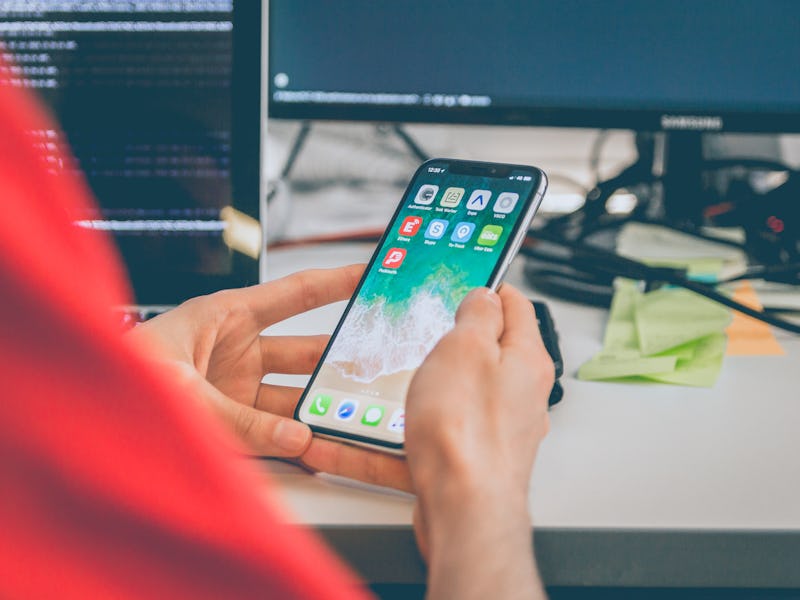"Star Trek" Tribble Creator Perfectly Predicted iPhone in 1999
This is spooky, or just very smart.

There’s no other word for it: sci-fi writer David Gerrold is a damn prophet. Or, to put it another way, he’s very, very good at his chosen job of predicting the future.
The writer of the beloved Star Trek episode “The Trouble With Tribbles”, who also won the Hugo and Nebula awards for his 1994 novella The Martian Child, predicted what smartphones will look like with unnerving accuracy in a 1999 piece for Sm@rt Reseller, a magazine for computer resellers.
Esther Schindler, who at the time was the magazine’s technology editor, posted a scan of Gerrold’s essay on Twitter Wednesday. His prediction starts uncanny and only gets more remarkable from there.
“It will be a box less than an inch thick and smaller than a deck of cards,” Gerrold writes. “The size will be determined by what’s convenient to hold, not by the technology inside.”
That’s just about bang-on perfect, except for the bit where the device’s size is determined by what’s convenient to hold. Recent trends have pushed phone sizes toward the gigantic and often hard-to-hold, though Gerrold is totally right with his contention that will have nothing to do with a need to cram lots of tech inside the phone.
Whatever points he loses for missing that particular design trend, he more than makes up for with all the different functions he writes will be included in this device.
“The box will have a high-res color screen, a microphone, a plug for a headset or earphones, a camera lens, wireless connectivity, cellphone and beeper functions, a television and radio receiver, a digital recorder, and it will have enough processing power and memory to function as a desktop system,” he writes.
Again, if we want to get pedantic, he didn’t foresee the bit where Apple decided to get rid of the headphone jack, but we’re inclined to say it’s Apple that’s in the wrong there, not Gerrold. Everything else comes standard in every modern smartphone, especially if you consider text messages the 2018 equivalent of those beeper functions, as Schindler suggests in a follow-up tweet. Gerrold also predicts it will be able to dock with a keyboard and monitor, and — almost as an afterthought — that it can handle what in 1999 was still called “e-mail.”
“Most important of all, it will have both speech recognition and speech synthesis,” he continues, calling the device an “agent” that is there to go out and do “cyber-errands” for its owner. He doesn’t quite put all those details together to describe Siri or Alexa, but I think we consider this situation like horseshoes and hand grenades and say that close definitely counts.
Gerrold suggests the device could be called Pita, short for Personal Information Telecommunications Agent, though an alternative meaning for those letters leads him to one last chillingly accurate prophecy.
“The acronym also can stand for Pain In The Ass,” he concludes, “which it is equally likely to be, because having all that connectivity is going to destroy what’s left of everyone’s privacy.